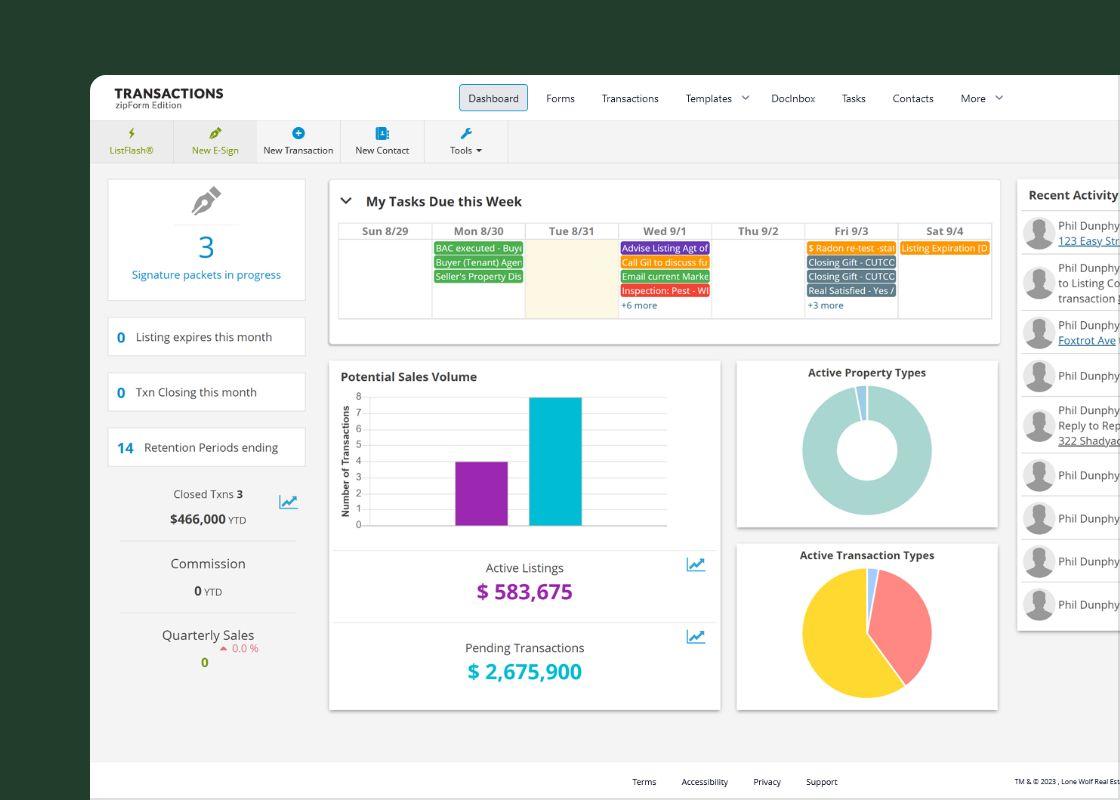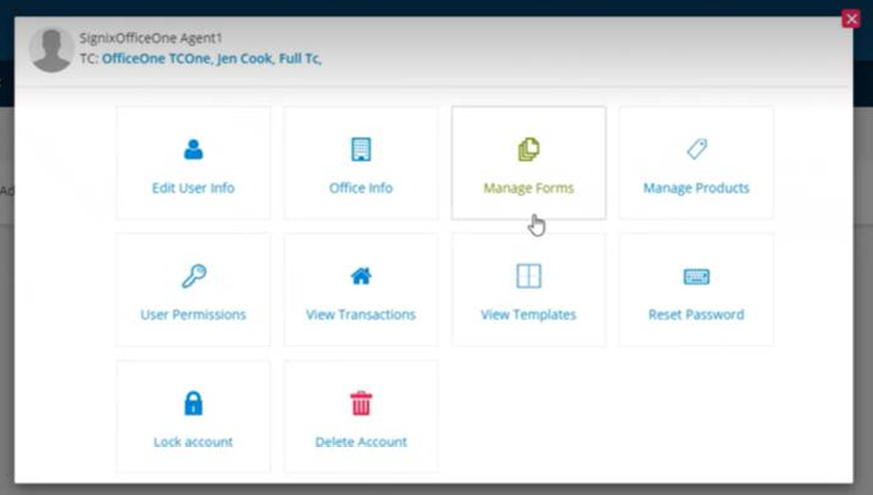Real Estate Forms Software Zipform Alternative

For real estate professionals, navigating the complex world of forms and contracts is a daily necessity. While ZipForm has long been a dominant player in this space, an increasing number of agents and brokers are exploring alternative software solutions to streamline their workflows, improve efficiency, and potentially reduce costs.
The shift reflects a growing demand for more user-friendly interfaces, enhanced features, and competitive pricing models within the real estate technology landscape. This trend signals a potential disruption in the market, impacting how real estate transactions are managed and completed.
The Rise of Alternatives
The need for a ZipForm alternative stems from several factors. While ZipForm remains a widely used platform, users have expressed concerns regarding its interface, feature limitations, and subscription costs.
Many agents find the user interface clunky and outdated, requiring a steeper learning curve compared to more modern alternatives. Functionality complaints include limited customization options and difficulties integrating with other essential real estate tools.
Price is another key driver. ZipForm's subscription model, especially for teams and brokerages, can represent a significant expense, prompting a search for more cost-effective solutions without compromising essential features.
Key Competitors in the Market
Several software platforms have emerged as strong contenders to ZipForm. These alternatives offer a range of features designed to address the pain points experienced by real estate professionals.
Dotloop, owned by Zillow, is a prominent competitor known for its collaborative features and digital signature capabilities. It offers a seamless workflow for agents to share documents and communicate with clients and other parties involved in the transaction.
SkySlope, now part of Fidelity National Financial, provides a comprehensive transaction management platform with a focus on compliance and risk management. It allows brokerages to track deals from initial contact to closing, ensuring all necessary documents are in order.
Brokermint, another notable alternative, caters specifically to brokerages, offering tools for commission tracking, accounting, and back-office automation. It helps streamline administrative tasks and improve overall efficiency.
Form Simplicity, created by Florida Realtors, offers a user-friendly interface and a comprehensive library of forms, tailored to specific state regulations. It focuses on simplicity and ease of use for agents of all experience levels.
Finally, Authentisign, part of Lone Wolf Technologies, provides digital signature and transaction management capabilities, with strong integration with other Lone Wolf products. It aims to offer an end-to-end solution for real estate professionals.
Impact on Real Estate Professionals
The availability of these ZipForm alternatives empowers real estate professionals with more choices. Agents can now select the software that best fits their specific needs and budget.
This increased competition fosters innovation, driving software providers to continuously improve their offerings and provide better value to their customers. Brokers can see cost savings, with improved functionality.
Furthermore, adopting a more efficient and user-friendly platform can significantly improve productivity. Streamlined workflows, digital signatures, and automated tasks free up agents' time, allowing them to focus on building relationships and closing deals.
Increased efficiency also leads to better client service. With quick access to documents and real-time updates, agents can provide a more responsive and transparent experience for buyers and sellers.
The Future of Real Estate Forms Software
The trend toward ZipForm alternatives signals a broader shift in the real estate technology landscape. As technology evolves, real estate professionals are increasingly seeking integrated solutions that simplify complex processes.
The future likely holds greater emphasis on mobile accessibility, artificial intelligence, and data analytics. Software platforms will need to adapt to these trends to remain competitive and meet the evolving needs of the industry.
The key to success in the real estate forms software market will be offering a combination of user-friendliness, robust features, competitive pricing, and seamless integration with other essential tools. The companies that prioritize these factors are best positioned to capture market share and shape the future of real estate transactions.
Ultimately, the rise of ZipForm alternatives benefits everyone involved in the real estate process. By providing more efficient and cost-effective tools, these platforms empower real estate professionals to better serve their clients and contribute to a more streamlined and transparent market.


















